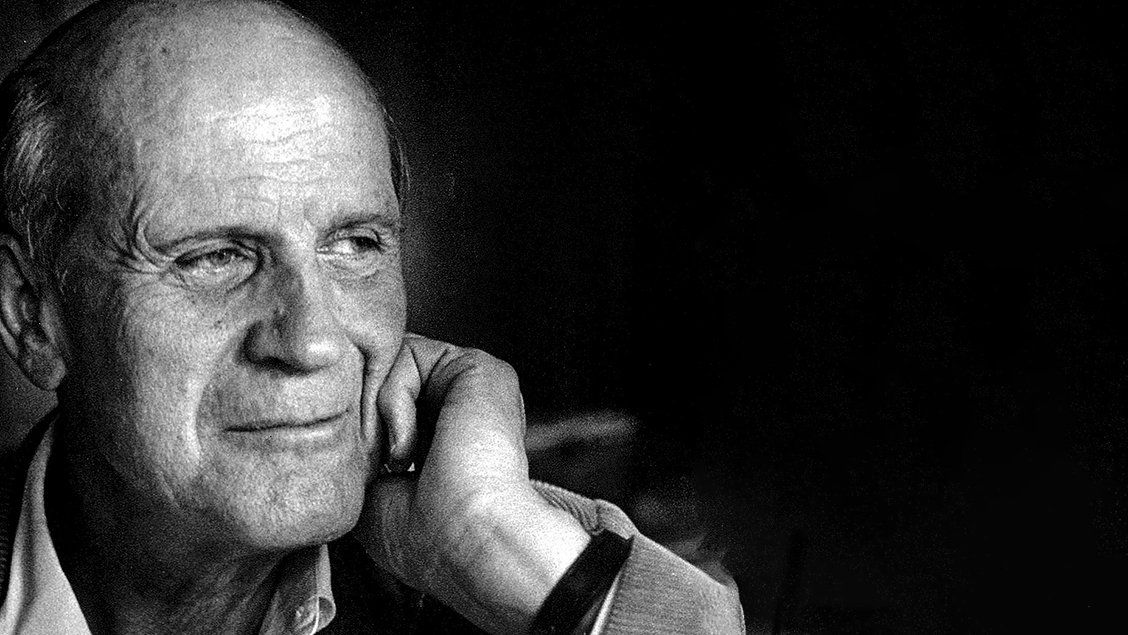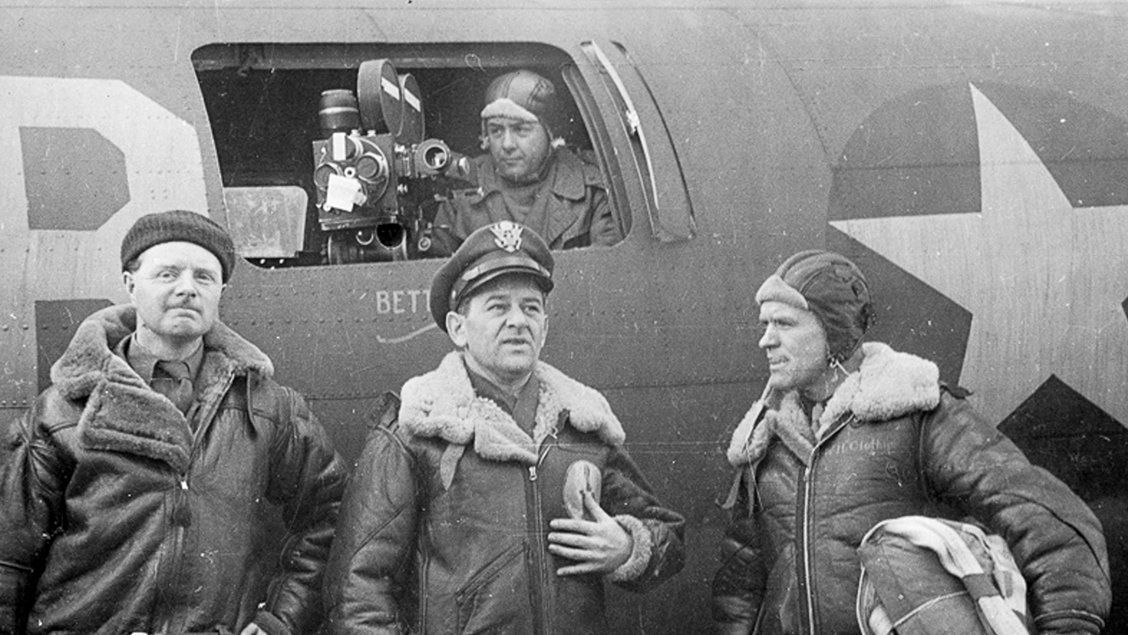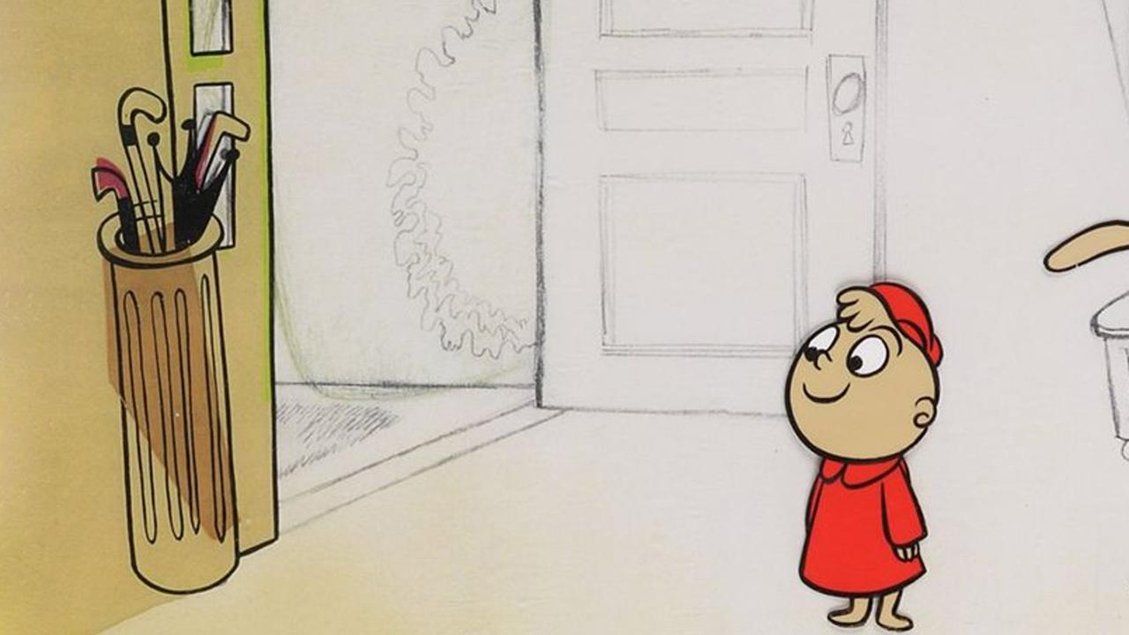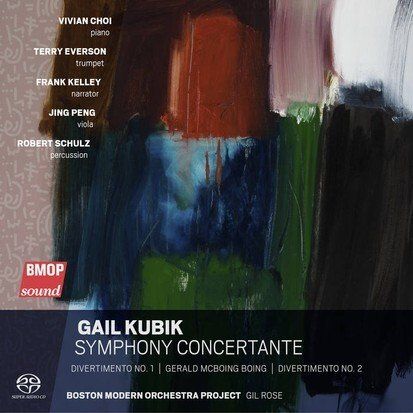Gail Kubik 1914-1984

Gail Thompson Kubik was born in South Coffeyville, Oklahoma, September 5, 1914, the son of Henry Howard Kubik (1877-1972), a lumber merchant from Wisconsin, and Evelyn O. Thompson (1888-1960), a concert singer from Texas who studied under the Austrian-American contralto Ernestine Schumann-Heink (1861-1936). A child prodigy and the youngest person to earn a full scholarship to the Eastman School of Music in Rochester, N.Y., Kubik graduated B.M. in 1934. He studied for his masters degree with Leo Sowerby at the American Conservatory of Music in Chicago (1936) and was the youngest student admitted to Harvard University’s doctoral program in music (1937–38), studying violin with Scott Willits and composition with Walter Piston. He also worked with Nadia Boulanger (who became a close friend), and in 1937 was the youngest composer fellow of the Macdowell arts colony in Peterborough, New Hampshire. Kubik held numerous music teaching posts from the age of nineteen, lecturing at Monmouth College, Illinois; Dakota Wesl

In 1942, shortly after I was appointed Director of Music for the O.W.I. (domestic) Film Bureau, one of our senators in Washington put this query to his confreres: “Did the Administration (meaning at that time, Lowell Mellett, chief of O.W.I. films) think Hollywood music not good enough for its films? Was it necessary to use a highbrow modernist? Wasn't the old familiar music good enough?”

The music for the cartoon GERALD McBOING-BOING departs happily from the routine score in ways more than one. First of all, it does not trail the action in the customary way, supplying the equivalent of sound-effects, runs and stops, hurry-ups and slow-downs, climbs and falls, squeaks and grunts. (Such musical mimicry, carefully co-ordinated and synchronized with the visual animation, is called, in the technical language of screen composers, “micky-mousing.”) Instead, the musical fabric of this latest of Kubik's functional scores makes continuous musical sense. Far from impeding the show, this independence on the composer's part actually injects depth and intensity into the visual images and the unfolding of the story. It seems to me that this is so for reasons both personal and general. On the personal level, Kubik’s “independence” does not represent the unauthorized self assertion of an underling, for the producer and the director invited him to create the musical continuity from the script and a few colored
Reviews

American composer Gail Kubik had quite the adventure of a musical career. Born in South Coffeyville, Oklahoma, he toured with his mother and brothers as “The Kubik Ensemble” during the Great Depression. Kubik’s formal training took him from the Eastman School of Music to The American Conservatory in Chicago and on to Harvard. In Chicago, he was a pupil of Leo Sowerby; at Harvard, he studied under Walter Piston and gained a supporter in Nadia Boulanger. Kubik became a staff composer at NBC radio in 1940 then moved to the Motion Picture Bureau of the Office of War Information as the US joined World War II. He won the Prix de Rome in 1950, wrote film scores for Hollywood, then soured on the industry and returned to Europe in the 1960s. He ended his career as a professor at Scripps College in southern California, composing his last major work in 1970.



